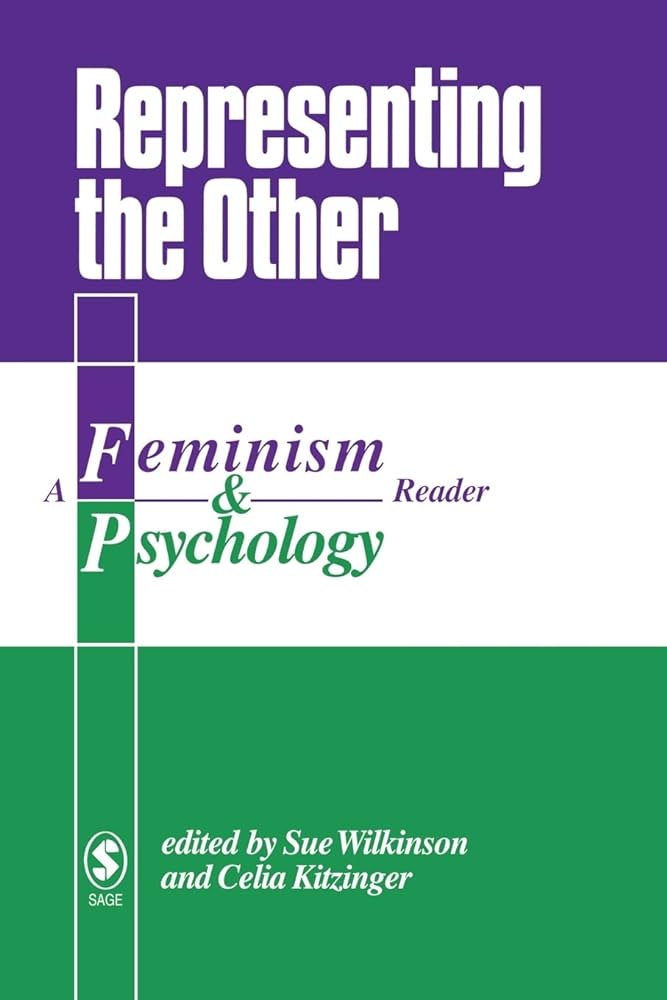为营养学教育课程编写的着装规范:福柯式话语分析
IF 1.9
3区 心理学
Q2 PSYCHOLOGY, MULTIDISCIPLINARY
引用次数: 1
摘要
1917年,营养学在美国成立,从家政学中脱颖而出,成为女性“可接受”的研究领域。从一开始,营养学就缺乏多样性;大多数营养学专业人士认为自己是白人、顺性别、异性恋、中上层阶级女性。在有监督的实习环境中,实习生被要求穿着“专业”,并遵守健康/安全协议。考虑到该领域的历史,我们有理由怀疑,营养学项目的着装规范——关于员工/参与者能穿什么/不能穿什么的规定/期望——可能存在问题。为了探讨这一点,我们使用福柯式的女权主义方法进行了话语分析,并借鉴了治理的概念。研究人员分析了来自美国认可的营养学教育项目的85项营养学着装规范,并辅以调查问题。研究发现了三个主要的话语效应:“隐形化”告诉营养学学生/实习生如何变得专业和谦虚。“保护”凸显着装,促进健康安全。“正常化”符合苗条、顺性别、社会地位较高的欧洲白人女性的特权。这些发现表明,着装规范是如何使“模范”营养师具体化的,并对某些团体给予特权/压迫/约束,从而支持了对饮食着装规范的批评,认为这是歧视性的,是对特定社会群体的压迫/特权。提出了解决偏见和防止着装规范对职业多样性/包容性产生负面影响的建议。本文章由计算机程序翻译,如有差异,请以英文原文为准。
Dress codes written for dietetics education programs: A Foucauldian discourse analysis
Organized in the US in 1917, dietetics emerged from the discipline of home economics as an “acceptable” area of study for women. Since its inception, dietetics has lacked diversity; most dietetics professionals identify as white, cisgender, heterosexual, middle to upper-middle-class women. In the supervised practice setting, interns are expected to dress “professionally” and follow health/safety protocols. Given the field’s history, it is reasonable to suspect that dress codes—rules/expectations regarding what employees/participants can/cannot wear—for dietetics programs may be problematic. To explore this, we conducted a discourse analysis using a Foucauldian feminist approach, drawing on the notion of governmentality. Eighty-five dietetics dress codes, supplemented with survey questions, from US-based accredited dietetics education programs were analyzed. Three primary discursive effects were identified: “Invisibilizing” informs dietetics students/interns how to be professional and modest. “Protecting” highlights dress to promote health and safety. “Normalizing” privileges conforming to thin, cisgender, white European women of higher SES. These findings show how the dress codes reify a “model” dietitian and privilege/oppress/discipline some bodies over others, supporting criticisms of dietetics dress codes as discriminatory and oppressing/privileging select societal groups. Recommendations are provided to address biases and prevent dress codes from negatively impacting diversity/inclusion in the profession.
求助全文
通过发布文献求助,成功后即可免费获取论文全文。
去求助
来源期刊

Feminism & Psychology
Multiple-
CiteScore
3.30
自引率
11.10%
发文量
51
期刊介绍:
Feminism & Psychology provides a forum for debate at the interface between feminism and psychology. The journal"s principal aim is to foster the development of feminist theory and practice in – and beyond – psychology. It publishes high-quality original research, theoretical articles, and commentaries. We are interested in pieces that provide insights into the gendered reality of everyday lives, especially in relation to women and girls, as well as pieces that address broader theoretical issues. Feminism & Psychology seeks to publish work from scholars, researchers, activists and practitioners at all stages of their careers who share a feminist analysis of the overlapping domains of gender and psychology.
 求助内容:
求助内容: 应助结果提醒方式:
应助结果提醒方式:


